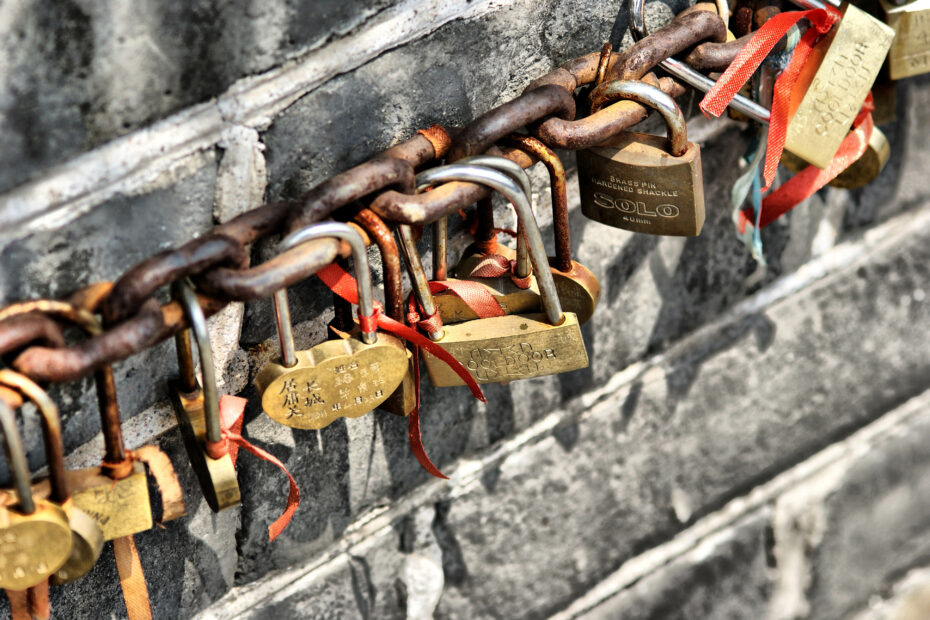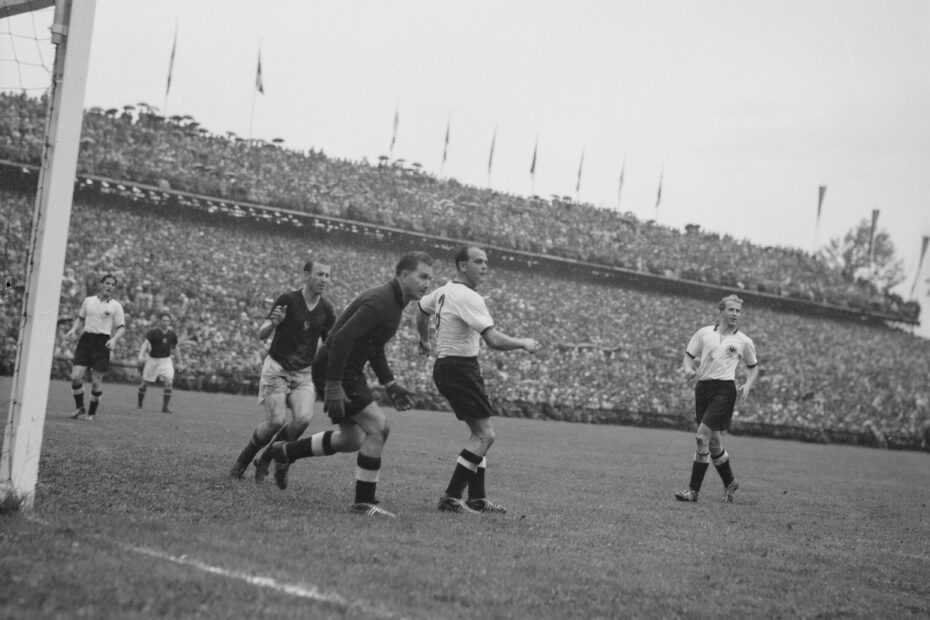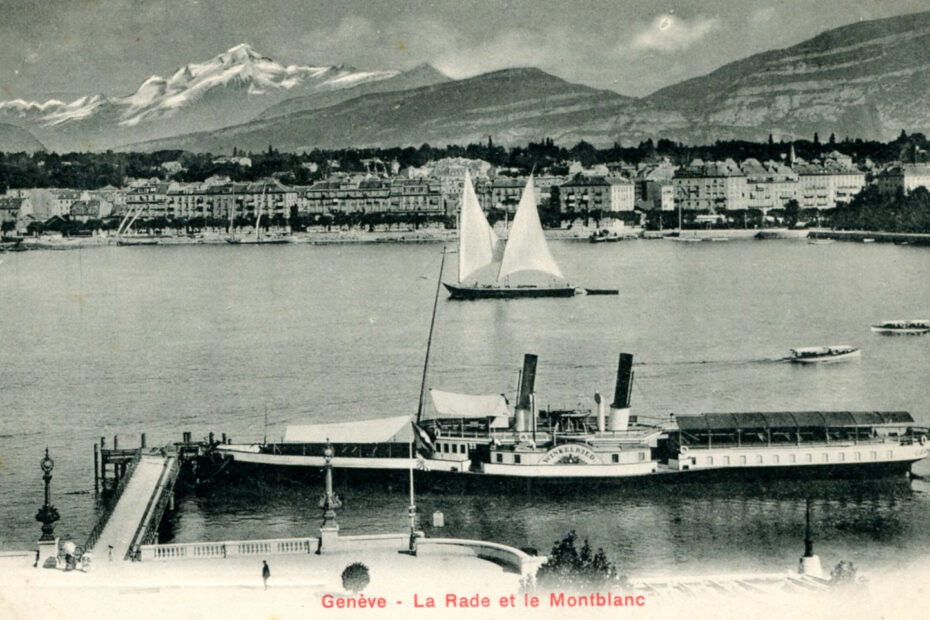You Shall Not Pass! Wikimedia Foundation Denied Observer Status At WIPO
The fight over the Directive on Copyright in the Digital Single Market has shown that European copyright rules affect the operation of Wikipedia and other free knowledge projects. Global rules are equally important. Negotiations take place in Geneva, at the World Intellectual Property Organization (WIPO). Wikimedia Deutschland and the Free Knowledge Advocacy Group are committed to increasing transparency around WIPO negotiations on international copyright law, and shaping WIPO-level policy outcomes, especially facing the pressure by rightsholders’ to expand the scope of copyright protections. This is the third installment of a series on Wikimedia’s involvement at WIPO (see part I and part II).
China blocked the Wikimedia Foundation’s bid for observer status at WIPO. This is the second time this has happened after the Foundation’s initial application in 2020. Wikimedia’s exclusion sets a worrying precedent and should alert European lawmakers who are concerned about the democratic governance of intergovernmental organizations.
Unsurprising yet still disappointing
China’s move during last week’s general assembly session didn’t exactly come as a surprise. It was again the only country to explicitly object to the accreditation of the Wikimedia Foundation as an official observer. Since WIPO is generally run by consensus, any one country may veto accreditation requests by NGOs. The Foundation will reapply for official observer status in 2022, but it will only be admitted by WIPO if China decides to change its mind.
Read More »You Shall Not Pass! Wikimedia Foundation Denied Observer Status At WIPO











